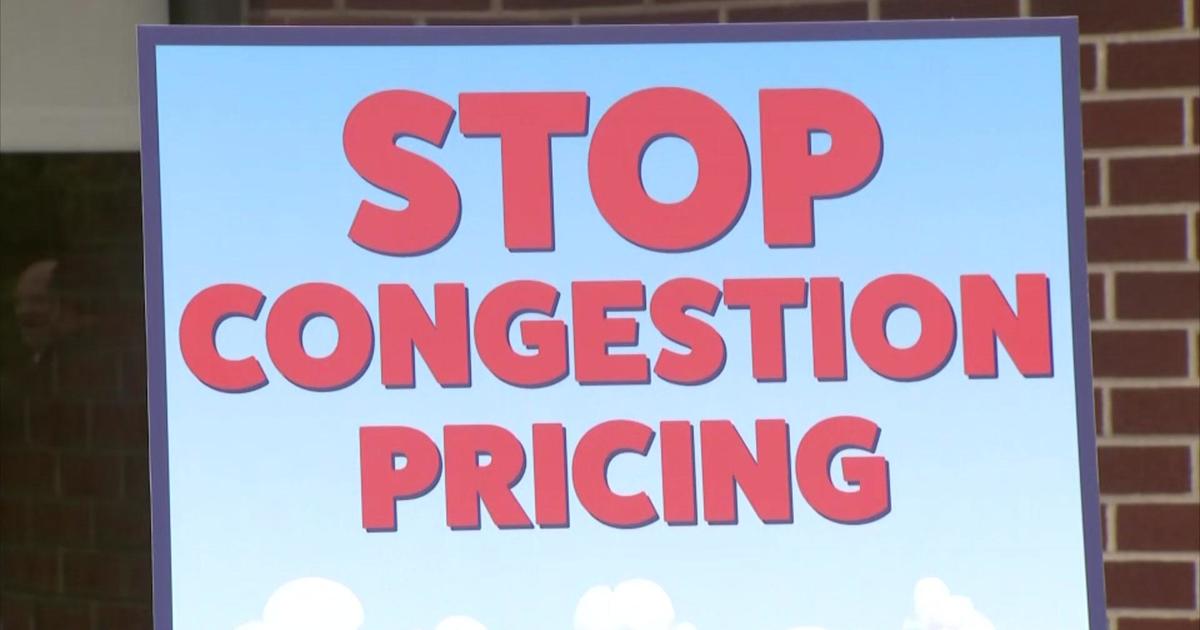LI Residents Could Get Stuck With Big Bills To Pay For Drinking Water Cleanup
LONG ISLAND, N.Y. (CBSNewYork) – $840 million.
That's how much it could cost to clean up contaminated drinking wells on Long Island and water providers there are warning residents - their water bills could double because of it.
"Not good. Not good at all. For what? Contaminated water?" Bethpage homeowner Zareh Andreas said.
New York State has ordered the chemical 1,4 Dioxane to be removed from drinking water. The compound is believed to be a likely human carcinogen associated with liver and kidney damage.
1,4 Dioxane has been detected in 70 percent of Long Island wells and could cost over $800 million to clean out.
Water providers are suing. Chemical manufacturers want more help from the government and a delay on enforcement standards.
"We estimate 185 wells in Nassau and Suffolk counties will have to worry about removing this contaminant," Dennis Kelleher of H2M Engineers said.
MORE: Acting Head Of EPA Pressured To Look Into Threats Against Long Island Drinking Water
Water rates, without additional state help, could double in some water districts where multiple wells are contaminated.
"Why should I have to pay for it? It wasn't me, whoever did it is responsible," Kevin Kelly of Bethpage said.
"Absolutely I want it clean, we have children, we have lived here our whole lives," Jennifer Kelly added.
The man-made chemical found in industrial solvents - like detergents and shampoos - is reportedly endangering Long Island's fragile aquifer.
Manufacturers of 1,4 Dioxane should be held responsible and we agree they should pay, but where we draw the line is there should be no delay in cleaning up people's drinking water," Adrienne Esposito of Citizens Campaigning for the Environment argued.
The treatment is a high-tech process. Bethpage has a pilot system with a multi-million dollar reactor using ultra violet lamps.
It's called advanced oxidation. What this uses is UV light and hydrogen peroxide," Bethpage water district superintendent Michael Boufis explained.
If the state, the federal government, and manufacturers don't help with the cost, experts predict taxes will go up and water rates will soar.
Water providers add they need three to five years to plan, design, and construct the treatment systems.



